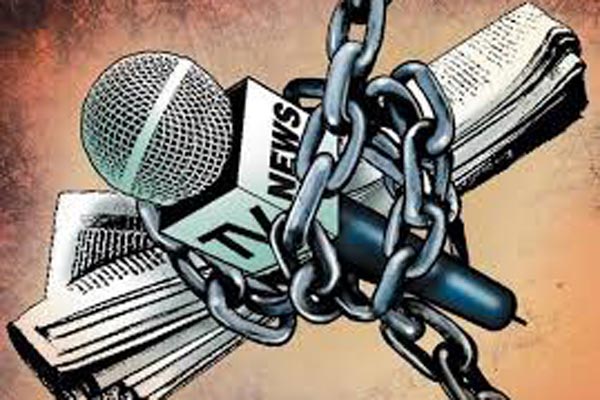The Media Foundation for West Africa (MFWA) totally rejects the order from the Judicial Service of Ghana to media organisations to take down all online stories that the service deemed insulting to the judiciary. The Foundation considers the order a frontal attack on press freedom.
Ghanaians are generally decent people who accord due respect to their democratic institutions, including the judiciary. Anytime such institutions have come under unwarranted attack, this collective sense of decency and respect for democratic order have galvanized the public to denounce such attacks in the most robust and emphatic manner. In this case, we dare say, that even in our divided opinions about the Supreme Court’s handling of the Election Petition, the public does not seem to agree that said publications have crossed any red lines.
The Judicial Service’s view of critical publications as insulting and liable to undermine the image and authority of the judiciary is, in our view, exaggerated.
The order to media houses to “pull or cause to be pulled down and cleared from your platforms, all statements and speeches which convey and/or insinuate hateful, spiteful, vengeful, and incendiary communication against Justices” of the Courts amounts to interference in the editorial judgement of media house and an infringement on the freedom and independence of the media.
We are concerned that the Judicial Service is asking media houses to “prevent the publication of such statements and speeches on your platforms, and forthwith exercise the highest level of discernment, discretion and responsibility insofar as the publication of statements and speeches regarding the administration of justice are concerned.”
This is a direct order with an authoritative tone that would be unsettling even in an autocracy. This is a call on media houses to self-censor and censor critical opinions about the judiciary, which is unacceptable in a democratic country such as Ghana.
The freedom of the media is guaranteed by the Constitution of Ghana and is supposed to be independent and free from censorship and external interference. The media, as an institution, is obliged to uphold the responsibility and accountability of the Government to the people of Ghana as spelt out in Article 162 (1,2,4&5 of the 1992 constitution).
This is not to suggest, however, that the media cannot err or is above the law. Journalists and media organisations are subject to the constitution, which has provided for the National Media Commission (NMC) as responsible for enforcing ethics, promoting professionalism, and sanctioning infringement of media ethics.
We would, therefore, have thought that the Judicial Service would lodge its grievances, if any, with the NMC, and institution meant to mediate and check reckless journalism that could injure the reputation and or interests of individuals and institutions.
The order from the Judicial Service is a flagrant interference in the editorial independence of the media houses concerned and an attempt at censorship. The MFWA, therefore, calls on the media to disregard it and to help sustain Ghana’s democracy by continuing to report and discuss, according to their conscience and within the limits of the law and the code of ethics, the work of the judiciary, and to hold all public institutions accountable to the people.
